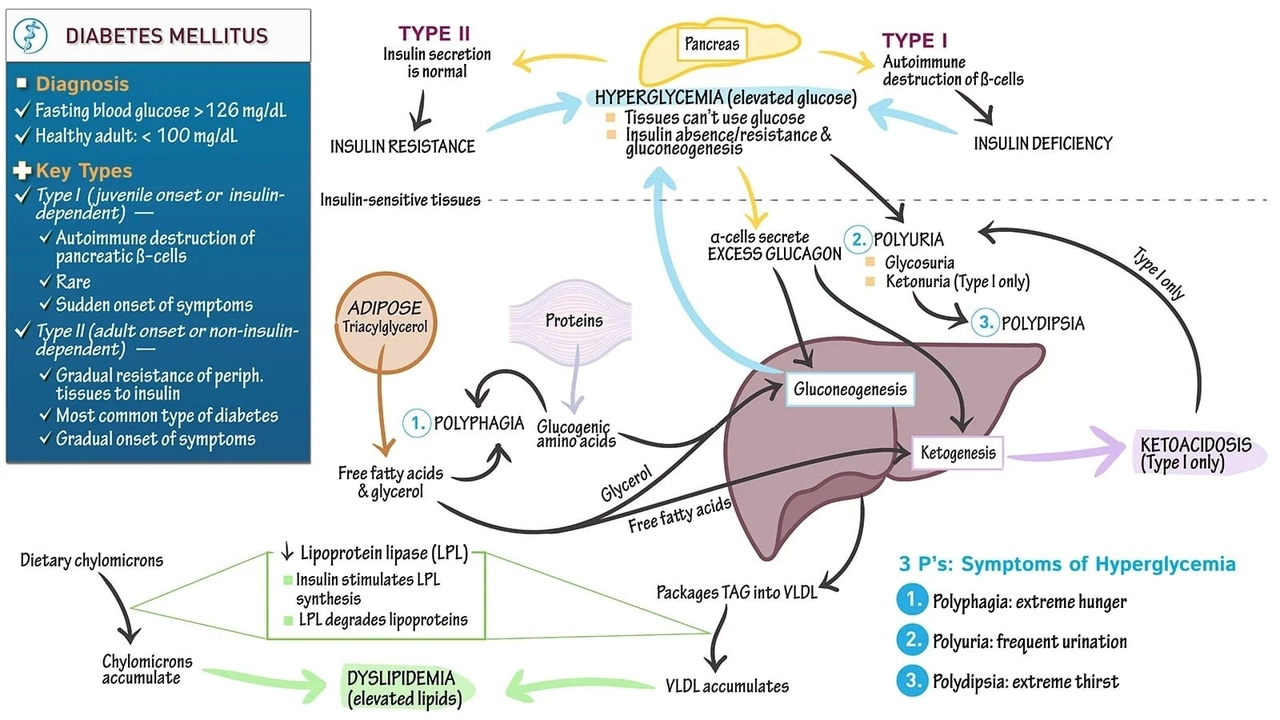Complications: Spot the Warning Signs and Take Action
Complications can show up long after a treatment or a diagnosis. Sometimes they start subtly—extra fatigue, new pain, odd stomach symptoms—or suddenly, with severe reactions. This tag collects straightforward, practical posts that help you recognize what’s likely to go wrong, prevent common problems, and know when to contact a doctor or pharmacist.
Where complications come from
Complications usually fall into a few clear groups: reactions to medicines, disease progression, infections, and procedure-related issues. For example, antibiotics like ciprofloxacin can cause tendon problems or nerve issues in some people. Antipsychotics and other psychiatric meds may bring movement or metabolic changes. Chronic conditions such as diabetes can lead to gastroparesis, which makes blood sugar control unpredictable. Knowing the source narrows your next steps.
Another common cause is drug interaction. Taking multiple prescriptions, over-the-counter painkillers, and supplements can create unexpected effects. Even common pain relievers can change how you assess risk, concentration, or emotional response. If you start a new medicine and feel different—emotionally or physically—treat it as a signal to review your meds.
Practical steps to prevent and manage complications
Keep a simple medicine list. Write brand and generic names, doses, and why you take each pill. Show this list to every health provider and pharmacist. They can spot risky combos fast.
Watch for red flags: high fever, sudden shortness of breath, new chest pain, severe rash, confusion, fainting, or anything that gets worse quickly. For slower changes—weight gain, swelling, persistent nausea, or odd mood shifts—ask for a checkup within a few days. Don’t ignore changes because they seem small; many complications start small.
Use one trusted source for buying meds. Counterfeit or poor-quality drugs increase complication risk. If you buy online, pick verified pharmacies and keep records of orders and receipts. When possible, get a pharmacist’s advice before starting a new medicine you ordered online.
Track symptoms. A short daily note—time, symptom, any new medicine or food—helps your clinician spot patterns. For people with diabetes and suspected gastroparesis, continuous glucose monitoring can reveal unpredictable highs and lows and guide treatment changes.
Ask clear questions in appointments: What side effects should I expect? When should I stop the medicine? Are there safer alternatives? If you hear a risky answer, ask about non-drug options, different doses, or closer monitoring.
This tag groups articles on medication safety, disease complications, and practical guides—like how to buy meds safely, alternatives to common drugs, and tips for managing specific problems. Read specific posts for deeper, actionable advice and keep this page bookmarked for quick pointers when something feels off.
When in doubt, act sooner. Quick checks often prevent bigger problems later.
Edema and Diabetes: Causes, Complications, and Management
Edema and diabetes are closely related, as high blood sugar levels can cause fluid retention, leading to swelling in various body parts. This condition can be quite uncomfortable, and if left untreated, can lead to serious complications such as cellulitis and impaired blood flow. To manage edema in diabetic patients, it's essential to maintain proper blood sugar levels, reduce salt intake, and engage in regular physical activity. Compression stockings and elevation of swollen limbs may also provide relief. Remember, always consult your healthcare provider for personalized medical advice and treatment.
© 2026. All rights reserved.

